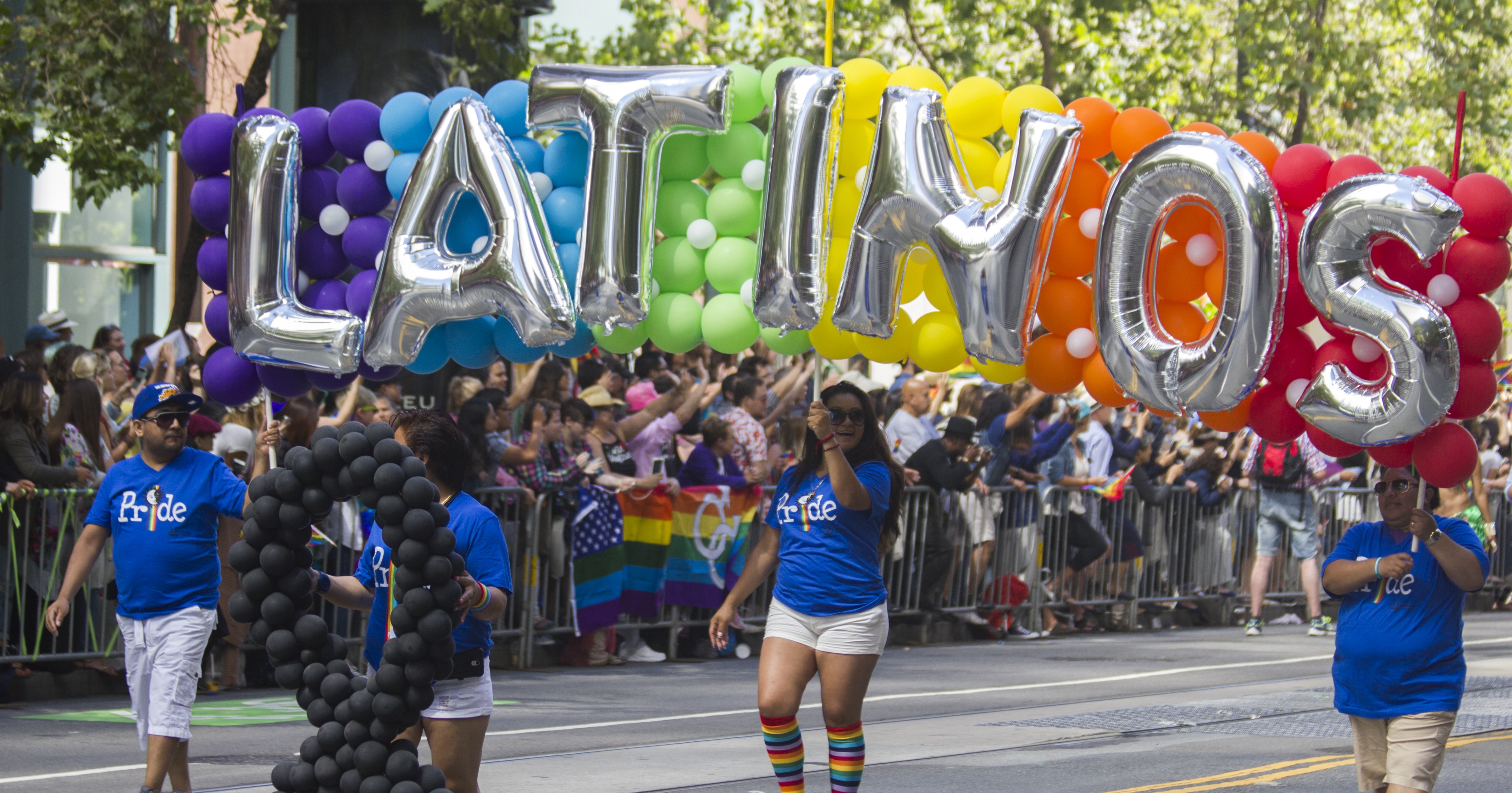Culture and Social Issues
Feds Funding Research To See If Microaggressions Are Making ‘Latinx’ People Fat, Nicotine-Addicted Alcoholics

Latinos. Photo: Quinn Dombrowski
The federal government has spent nearly $1 million on research investigating whether or not racial microaggressions are negatively impacting the health of Hispanic people.
Researchers at the University of Houston have received $958,283 in grant funding from the Department of Health and Human Services (HHS) and the National Institutes of Health (NIH) to determine if ethnic microaggressions directed toward “Latinx” populations are leading to elevated rates of alcoholism, smoking and obesity, grant records show. One of the HHS-funded studies defines microaggressions as “brief, subtle forms of everyday discrimination due to racial/ethnic status.”
“Where are you from?” and “do you speak English?” were identified as examples of verbal microaggressions targeted at Hispanic individuals in a University of Houston press release announcing the smoking research grant.
Research associated with the largest of the grants, which received $611,203 in HHS funding, began in September 2023 and will stretch into July 2026, according to federal award records. “Evaluating Microaggressions Among Latinx Individuals With Obesity,” the name of the project, claims that microaggressions “may be an underrecognized factor” in why Hispanics engage in more “obesity-related eating and physical inactivity behaviors.”
Specifically, the study will investigate whether or not microaggressions cause “greater emotional eating, food cravings, loss of control while eating and episodes of overeating” or “greater fears of exercise” among Latinos.
“Latinx Hazardous Drinkers: Evaluating Microaggressions,” the other HHS-funded study, received $194,238 in taxpayer funding and will run from September 2023 to August 2028, according to grant records. The study will “examine the influence of microaggressions … on alcohol use motivation and hazardous drinking” among Latinos.
“Latinx” is a gender-neutral term some left-of-center activists push to refer to Hispanic people. Among Hispanics familiar with the term, roughly two-thirds oppose its use, according to a 2019 Pew Research Center survey.
“The reality is there is very little to no support for its use and it’s sort of seen as something used inside the Beltway or in Ivy League tower settings,” Domingo Garcia, president of the League of United Latin American Citizens said, announcing that the organization would not use Latinx in its communications.
“Latinx Smokers: Evaluating Ethnic Microaggressions on Smoking Behavior and Relapse,” the NIH-funded study, received $152,842 in federal backing to determine the role microaggressions play in smoking habits among Hispanic adults.
“Microaggressions are more understudied than overt acts of discrimination,” Brooke Redmond, an assistant professor at the University of Houston and the primary researcher working on these projects, said.
“Sometimes they are diminished to some extent, because they are not seen as aggressive or overt as other types of discrimination,” she continued. “However, if someone is experiencing these constant microaggressions throughout their day, how does that impact their smoking?”
She compared the effect of daily microaggressions on health to an overflowing glass of water.
“Each experience is like pouring more water into your cup, and there’s only so much water that your cup can handle,” Redmond said. “Eventually your cup will overfill—and what kind of health outcomes will that lead to?”
This isn’t the NIH’s only foray into microaggression research. The agency paid out over $2.8 million between 2021 and 2024 to study the effect of microaggressions on black queer women living with HIV, grant records show.
HHS and NIH did not immediately respond to the Daily Caller News Foundation’s requests for comment. The DCNF received an automated reply from Redmond stating that she was out of the office.
All content created by the Daily Caller News Foundation, an independent and nonpartisan newswire service, is available without charge to any legitimate news publisher that can provide a large audience. All republished articles must include our logo, our reporter’s byline and their DCNF affiliation. For any questions about our guidelines or partnering with us, please contact [email protected].

